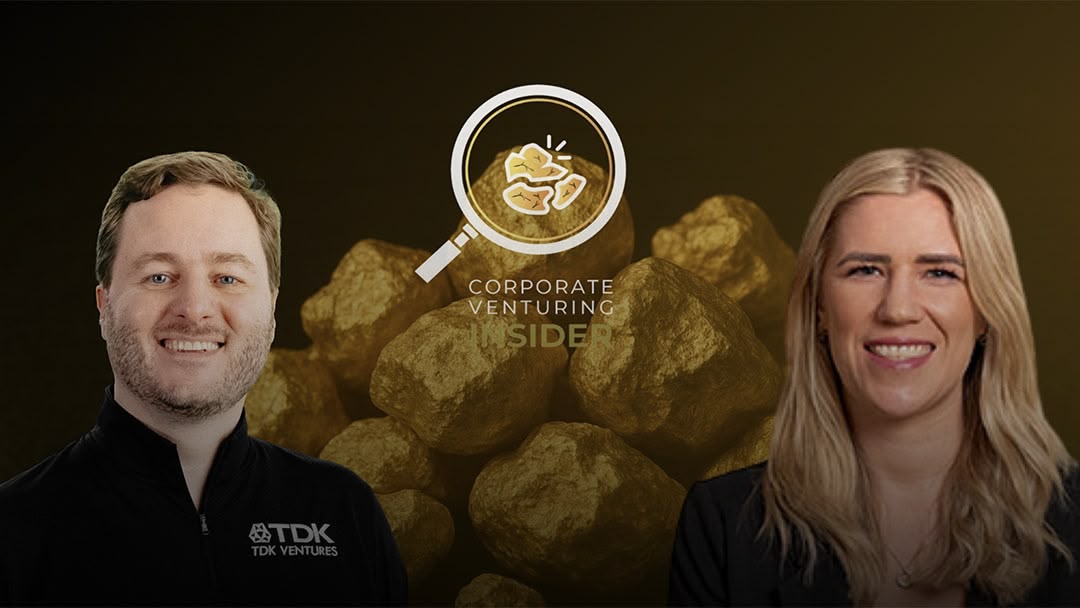The Change of Life. Second Spring. The Golden Years. Menopower.
Call it what you will, but after being seen as one of health’s last big taboos, the menopause* - along with perimenopause** and post menopause*** - is finally being talked about. Publicly, and at length.
The New York Times has called this the ‘Menopause Goldrush’, with VCs, magazine editors, start-ups and celebrities converging on what it describes as the new frontier in women’s wellness.
From rebranding hot flushes as power surges, to talking about brain fog, night sweats, sleep problems and skin dryness, numerous women, including celebrities such as Michelle Obama, Oprah Winfrey and Gywneth Paltrow, are opening up about their menopause stories.
Actress Naomi Watts founded her wellness products business Stripes with the tagline: welcome to a world where menopause isn’t a dirty word. And in the UK, presenter Davina McCall has carved a new career as a menopause guru, raising awareness of it in TV documentaries and a best-selling book.
This natural part of the aging process is also being invested in - albeit slowly.
Historically, menopause has often been misunderstood, overlooked and under-researched. Given that it’s something that affects half the global population, in 2022, TechCrunch asked: ‘why aren’t VCs funding more start-ups focused on menopause?’. One reason, it speculated, is that since most VCs are led by men, they won’t experience menopause, so it’s not on their radar. And that’s a challenge for companies in the field of FemTech (diagnostic tools, products, services, wearables and tech that addresses women’s health issues).
For October’s International Menopause Month, we asked Sage Revell - a corporate lawyer and partner in the life sciences and technology team at Brown Rudnick LLP and a market-leader in the FemTech space - why this is.
“Until recently, women’s health issues weren’t even really talked about – if some women still aren’t comfortable talking about these issues how can we expect men to be? Most boards of investors are predominantly made up of men, so if they don’t understand these issues, how can the decision makers be expected to fund FemTech companies? Lack of data is another issue. Modern medicine was developed based on a foundation of male subjects. Research has historically favoured male interests, leading to persistent gender disparities in diagnostics, treatment, and care. When we think of menopause, we have been taught to look for signs of hot flashes and irregular periods, but the truth is that there are at least 34 symptoms of menopause that have been identified, with some sources citing 66 or even more!”
By 2025, 1.1 billion women are expected to be postmenopausal, representing a $600 billion spending opportunity in both FemTech and wellbeing products.
Between 2023 and 2030, the global menopause market is expected to expand at a compound annual growth rate (CAGR) of 5.33%. So not only does investing in women’s wellbeing make good business sense, focusing on it can lead to empowerment too, with women having more control over their healthcare and wellbeing.
Investing in health and wellbeing, including the menopause, is an area that BTV believes in. That’s why we brought UK-based health and wellbeing company, Feel, into our portfolio in 2022.
Feel offers a range of science-led, high-quality nutritional supplements and functional foods, via an online subscription service. One of its products, Feel Menopause, is designed by women, for women, and uses tailored, natural, plant-based ingredients for women going through perimenopause, menopause and post menopause, who are looking for an alternative to hormone therapy.
And although movement in this field in general has been slow, there is hope on the horizon.
“The World Economic Forum identified the investment in improving women’s health as vital to creating a ‘healthier, more equitable world for all’,
Sage points out.
“It estimated that a $300 million investment in research for better female health could improve both direct healthcare economics and indirect productivity costs, and could yield a $13 billion economic return.
“That sounds pretty good to me!”
If you are interested in this subject, look out for our Menopause Month Q&A with Feel’s GM Giedre Gabrenaite in our forthcoming article, Talking Menopause with Feel.
Footnotes:
*Menopause: When a woman’s menstrual/reproductive cycle ends and her periods stop. Menopause is defined as having gone 12 months without a menstrual period. Most menopause occurs in a woman’s 40s or 50s. The average age in the U.S. is 51. A surgical menopause occurs after surgery to remove the ovaries (an oophorectomy), sometimes as a result of a cancer diagnosis or treatment.
**Perimenopause: The years leading up to menopause, when women may experience irregular periods, along with other symptoms such as hot flushes/flashes or a drop in energy levels or libido. Levels of the key female hormone, estrogen, start to decrease. Perimenopause can begin anytime between mid-30s (an early perimenopause) or as late as the mid-50s. It can last for a short time, or for as long as eight years.
***Post Menopause: The time after menopause, when a woman hasn’t experienced a period for more than a year. Once you enter post menopause, you're in this stage for the rest of your life. Menopausal symptoms may ease, stop or continue for longer.





.jpg)
